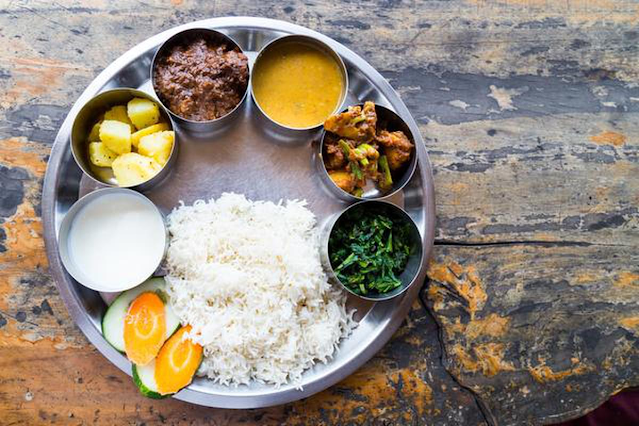Hinduism, one of the world's oldest and most diverse religions, has fascinated scholars and practitioners alike for centuries. Rooted in the Indian subcontinent, it encompasses a rich tapestry of beliefs, practices, and cultural traditions.
Key Beliefs
At the core of Hinduism lie fundamental concepts like Dharma (duty or righteousness), Karma (the law of cause and effect), and Moksha (liberation from the cycle of birth and death). These principles guide the spiritual path and ethical conduct within the religion.
Historical Evolution
The historical evolution of Hinduism spans thousands of years, embracing a multitude of traditions and philosophies. Its development has been marked by various cultural influences, evolving and adapting across time.
Traditions in Hinduism
Rituals and Practices
Hinduism boasts a rich tapestry of rituals and practices. From the daily rituals of Puja (worship) to the grand ceremonies of Yagna (fire sacrifice), these rituals serve as a medium for spiritual connection and expression. The vibrant festivals like Diwali, Holi, and Navaratri celebrate diverse aspects of life and culture.
Sacred Texts
The sacred texts of Hinduism, including the Vedas, Upanishads, and the Bhagavad Gita, form the foundation of its spiritual wisdom. These texts explore philosophical concepts, provide guidance for righteous living, and offer insights into the nature of existence.
Caste System
The caste system, a social structure deeply ingrained in historical Hindu society, has been a subject of scrutiny and evolution. While its origins lie in ancient texts, modern interpretations and social movements strive for a more egalitarian society, advocating for social equality and human dignity.
it is believed that cast system in ancient Hindu culture was based on ones occupation for example those who were well educated and educated others (or) had deep understanding of texts were called Brahman and those who were strong and knew how to handle weapons and protected people were called Kshtriye
we will talk about this in our next blogposts under Religion Category
Daily Lifestyle
Religious Observances
The daily life of a Hindu often revolves around religious observances, including prayers, meditation, and yoga. These practices foster spiritual growth, mindfulness, and a deeper connection with the divine.
Family Structure
Family holds immense importance in Hindu culture. Rituals, ceremonies, and festivals are often centered around family gatherings, reinforcing bonds and passing down traditions through generations.
Dietary Habits
Many Hindus practice vegetarianism or adhere to specific dietary guidelines based on spiritual beliefs. The reverence for all life forms and the principle of Ahimsa (non-violence) influences their food choices.
Hindu Mythology
Deities
Hinduism is known for its diverse pantheon of deities, including Brahma (the creator), Vishnu (the preserver), Shiva (the destroyer), Lakshmi (goddess of wealth), Durga (goddess of strength), among others. Each deity embodies various aspects of life and the cosmos.
Epics
The epic narratives of Ramayana and Mahabharata narrate legendary stories that impart moral teachings and philosophical insights. These epics are not just revered texts but also serve as cultural foundations and sources of wisdom.
Symbolism and Iconography
Sacred symbols like the Om, Swastika, and the lotus, along with intricate iconography, hold deep spiritual significance in Hinduism. They represent cosmic truths, divine energy, and the interconnectedness of life.
Conclusion
In conclusion, Hinduism's enduring legacy continues to shape the spiritual, social, and cultural fabric of our world. Its teachings and practices offer timeless wisdom, emphasizing harmony, introspection, and the pursuit of higher truths. The richness and diversity within Hinduism stand as a testament to the depth of human spirituality and the quest for understanding the mysteries of existence.
Relevance Today
The influence of Hinduism extends far beyond its geographical origins, impacting art, literature, philosophy, and even modern practices like yoga and meditation. Its teachings on harmony with nature and the interconnectedness of all beings resonate strongly in today's global efforts towards sustainability and inclusivity.
Personal Reflections
Exploring Hinduism reveals not only a religious tradition but a way of life that celebrates diversity, spirituality, and the continuous quest for enlightenment. Embracing its teachings can offer insights into leading a more balanced, compassionate, and purposeful existence.
Next article of this series -












